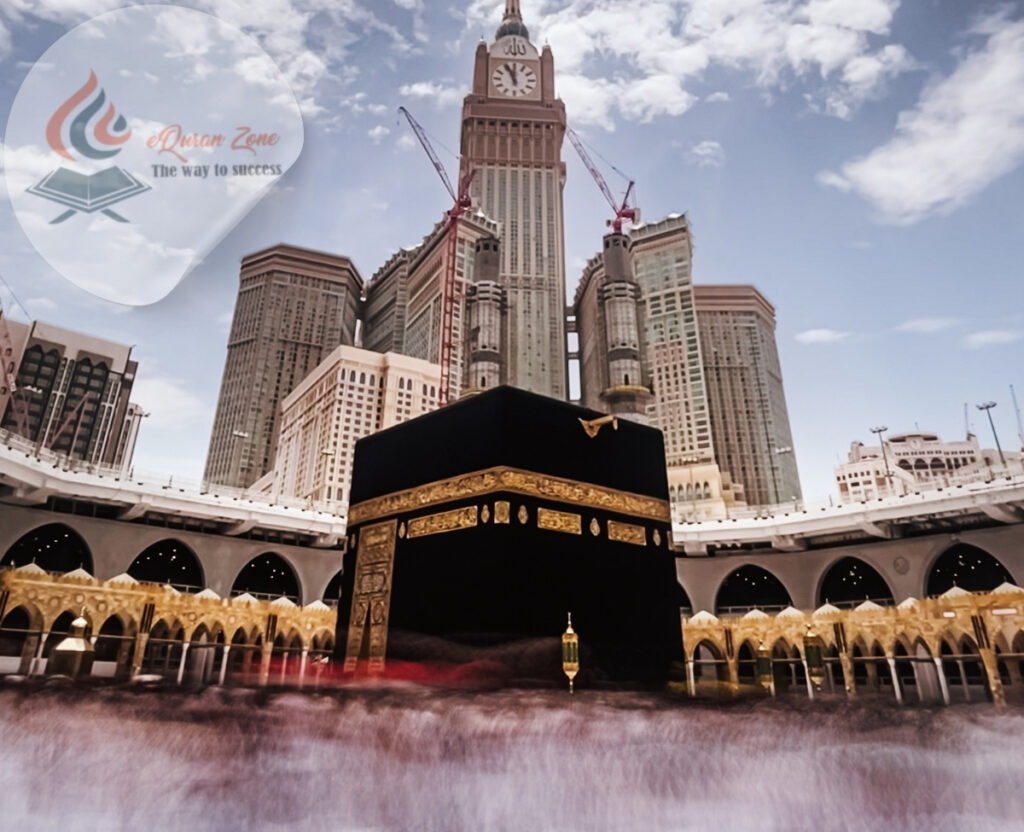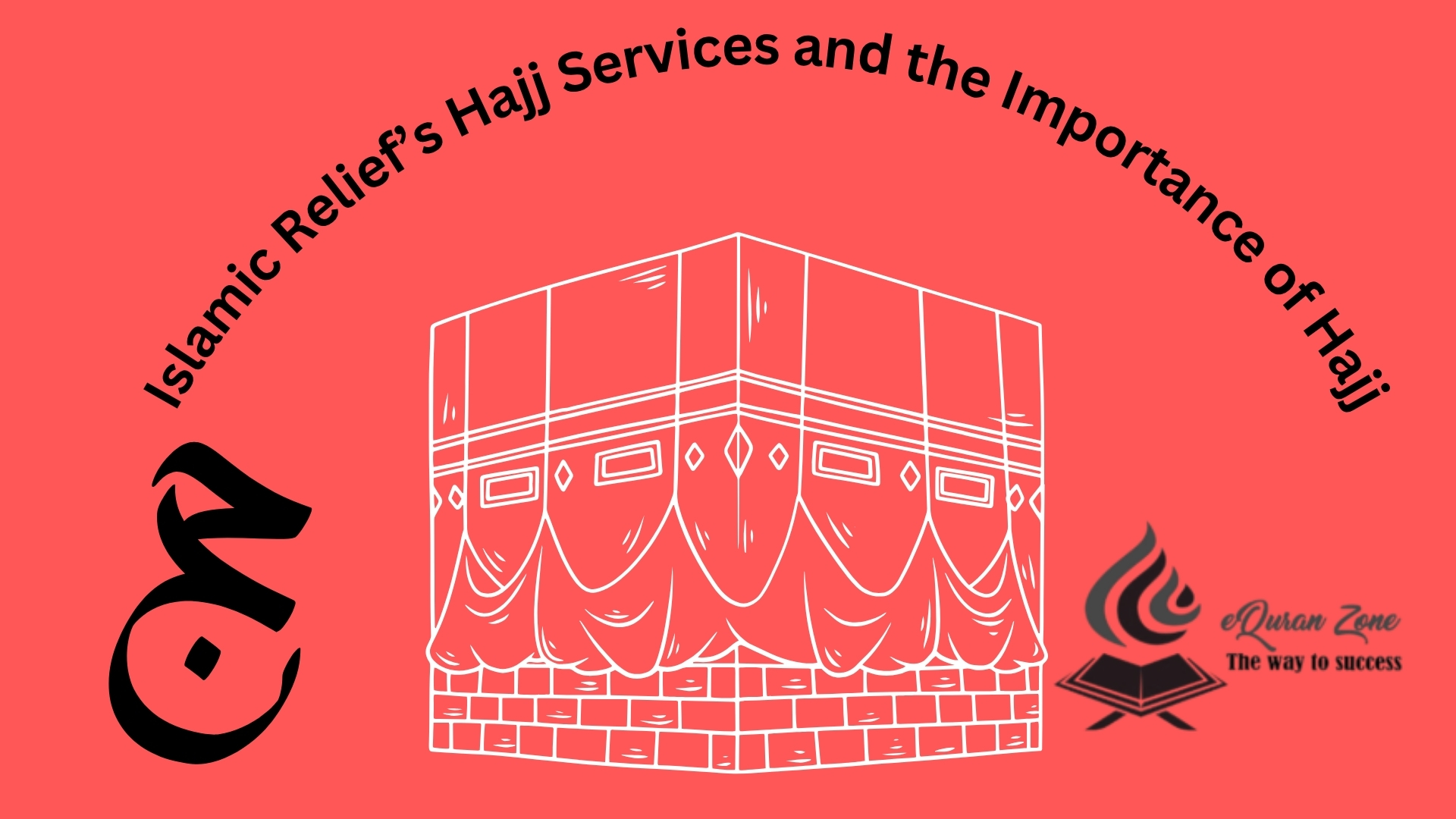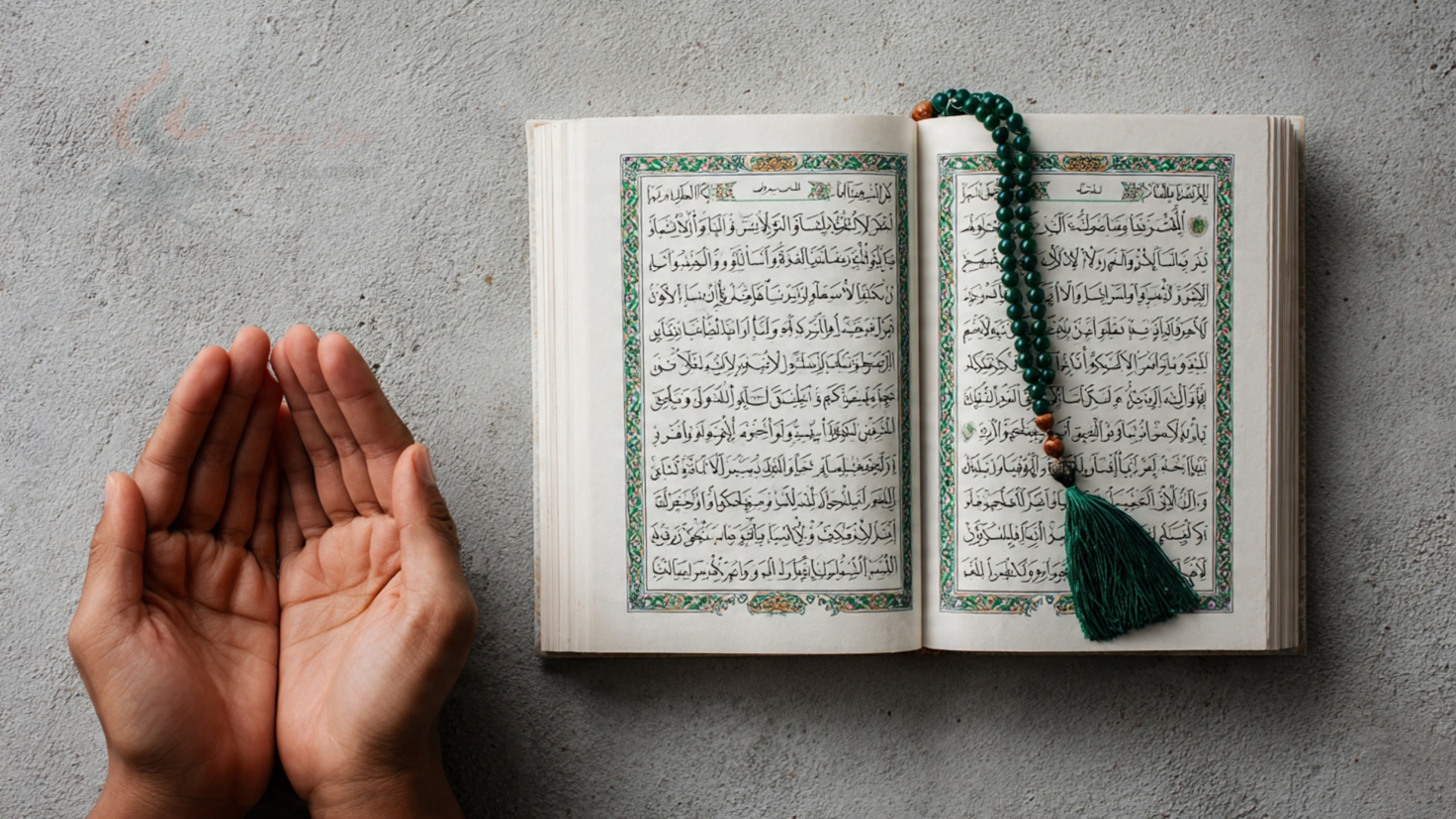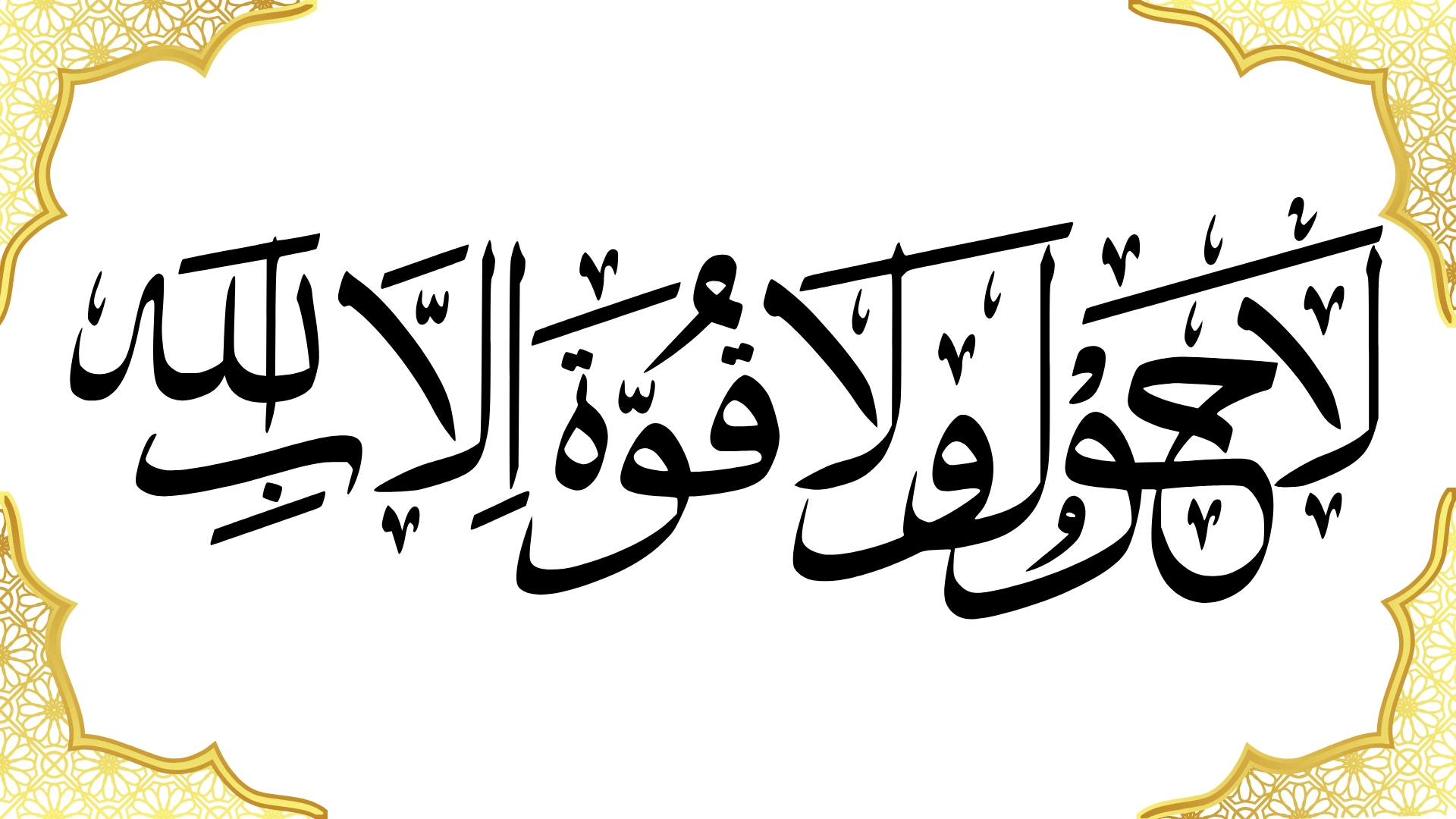To Muslims, the Hajj or the sacred pilgrimage has great spiritual significance. If the Muslims can go on the Hajj without difficulty, some of them should join the pilgrimage. Every year, a lot of Muslims visit Makkah, Saudi Arabia, to perform this duty.
Hajj’s traditions were set by Prophet Ibrahim (AS). The loyalty and deeds of his for Allah (SWT) are why Muslims visit this place. The process requires you to do things that improve your strength, emotions, and faith.
The Quran highlights the obligation of Hajj. Allah (SWT) commands:
وَلِلَّهِ عَلَى النَّاسِ حِجُّ الْبَيْتِ مَنِ اسْتَطَاعَ إِلَيْهِ سَبِيلًا
“And [due] to Allah from the people is a pilgrimage to the House—for whoever can find thereto a way” (Quran 3:97).
Many people only experience the Hajj during their lives. It helps to cleanse your heart, develop your faith, and encourage unity among Muslims everywhere.
Islamic Relief and the performance of Hajj
Islamic Relief offers important support for those on the Hajj. They work to make it easier in terms of travel and spirituality. With reliable support, they allow pilgrims to do their rituals with a calm and undisturbed mind.
Directions for Donators
Islamic Relief provides information to help Muslims understand the Hajj. Among these are detailed guides, seminars, and booklets. By being on a pilgrimage, individuals learn the proper steps to take. For example, starting pilgrims would often want to know about Ihram, Tawaf, and Sa’i. Advice is offered to make certain the rituals are followed properly. The resources explain the spiritual purpose behind each custom, helping people think more deeply and relate to others.
Logistics Support
Going on Hajj is challenging for people taking part for the first time. Islamic Relief takes care of organizing travel, lodging, and meals for volunteers. Having enough space allows pilgrims to rest well before going to worship. Pilgrims receive guidance about preparing their belongings for a journey. You’ll get suggestions for the best travel clothes, shoes, and necessary items. People are counseled on planning their walking activities and coping with the heat in Makkah.

Learning about health and safety is important.
Islamic Relief values the safety of every pilgrim. Because thousands are often together in a small area, there is a higher chance of illness or injury. They tell pilgrims to stay hydrated and not to overwork themselves. On the way to Mecca, those who volunteer are available in various parts of the trip. These experts make sure that senior members of the group are given the help they need.
The Story Behind Hajj
The Hajj rituals began when Prophet Ibrahim (AS) displayed great and unerring trust in Allah (SWT). When Allah (SWT) said so, he left Hajar and Isma’il in the deserted land of Makkah. Relying on Allah (SWT) resulted in wonderful events taking place. Hajar wandered between Safa and Marwah looking for help, as she ran out of water. In spring, the Zamzam well is still helping pilgrims with its water.
Prophet Ibrahim (AS) went back here later on and built the Ka’bah with his son Isma’il. The rituals of Hajj always center around the Ka’bah. As you circle it for Tawaf, you display your unity and obedience to Allah (SWT). Hajj celebrates the difficult decision made by Prophet Ibrahim (AS) to surrender his son to Allah (SWT). As Abraham was about to offer him, Allah (SWT) gave them a ram instead of Isma’il. Eid al-Adha is the time when Muslims across the world remember to obey Allah.
Steps You Need to Take for Hajj
The Hajj is completed in just five days. Every action plays a major role in the ceremony. Below are descriptions of some important rituals:
1. Ihram
Hajj begins for pilgrims as they enter the state called Ihram. Men wear two white robes, though ladies are asked to keep their attire modest and simple. Being in a state of ihram makes worshippers pure, modest, and united with one another.
2. Tawaf
People make seven circle movements around the Ka’bah. This act reflects that Muslims honor Allah (SWT) together as one. The first part of Tawaf occurs at the Black Stone’s corner.
3. Sa’i
The next step for pilgrims is to walk from Safa to Marwah and back. This is celebrated to remember when Hajar sought water in the desert.
4. Stay at Mina
On this day, all pilgrims go to Mina. In this place, they pray and get ready for the future ceremonies.
5. The Day of Arafah
The most important day of Hajj is this one. We should spend the month in prayer, asking for forgiveness and seeking God’s grace.
6. Muzdalifah
Stones are collected by them for a stoning, and each individual spends the night in deep consideration.
7. Beating the Devil
Those visiting the holy place throw pebbles at three special poles during Eid. Ibrahim’s story comes to mind when I perform this act of worship.
8. Sacrifice
Pilgrims participate in sacrifices. Because of this, Prophet Ibrahim (AS) obeyed Allah (SWT) and Muslims continue to serve Him.
9. Tawaf al-Ifadah
Next, pilgrims go back to circle the Ka’bah for a second time. Here, the main duties of Hajj are concluded.
10. Tawaf al-Wida
Before their trip home, pilgrims conduct a last Tawaf before departing Makkah.
How People’s Lives Change After They Have Performed Hajj
The Hajj journey greatly affects those who go. By performing the rituals, people become more thoughtful and spiritually developed. Being a pilgrim shows how everyone is equal in the sight of God (SWT) and promotes togetherness.
Hajj removes a person’s sins and lets them begin anew. The hard work puts you in situations where you must show discipline and perseverance. Many who travel choose to return with a stronger faith and a desire to live morally.
Catholics from all over the world join together for prayer during the pilgrimage. Getting together helps Muslims remember who they are and why they are here.
Distinct Sense of How Hajj Affects a Person and the Community
Hajj is the greatest example of faith and pious behavior in Islam. It is about worship and also about bringing people together, showing our kindness. No matter where they come from or speak, all pilgrims belong to a common group. It joins a vast group of Muslims who strive to offer praise to Allah (SWT). Hajj helps Muslims remember that they all belong to one Ummah. Such a union helps people to feel more compassionate, more generous and to care more about others. Those on pilgrimage are filled with gratitude for all the blessings they are given.
Seeing the Hajj from a distance, others feel encouraged to seek Allah (SWT) in each of their daily activities. The principles of sacrifice, patience, and coming together stay with followers even after the pilgrimage. They remain lifelong principles for living with faith. Their services ensure that the focus remains on the spiritual essence of Hajj, making it truly meaningful for every participant. Read More:




